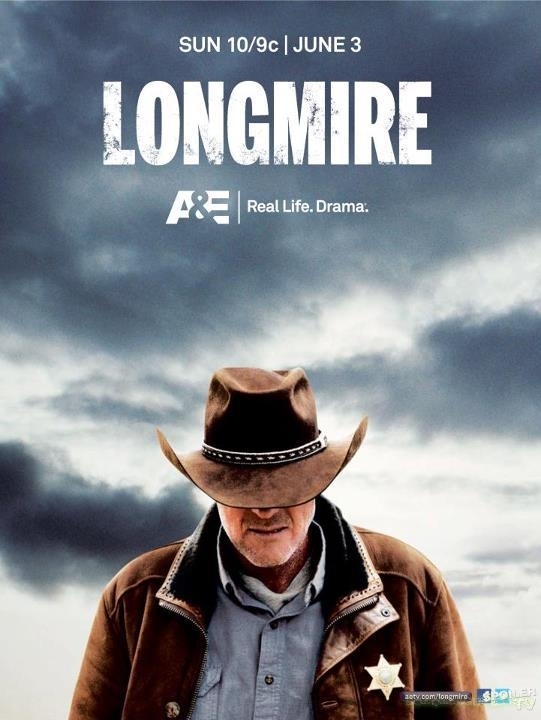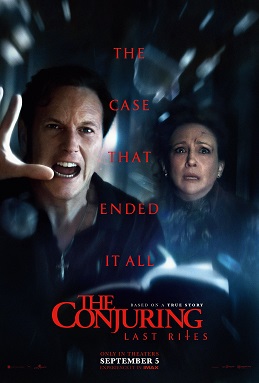Longmire: Season One Establishes Superiority
“If you repeat a lie often enough, it becomes the truth.”
Walt Longmire is the only man that can rival Optimus Prime when it comes to on-screen monologues.
Longmire: Season One was released in 2012, and is a Netflix original created by Hunt Baldwin and John Coveny. The show stars Robert Taylor, Katee Sackhoff, and Lou Diamond Phillips. In Durant, Wyoming, Sheriff Walt Longmire, filled with a passion to serve and protect his country, works with his small department to solve cases of grand proportion.
Robert Taylor as the title character is an absolute joy to watch on-screen. The combination of Taylor’s acting and the characters’ writing make him a fun, memorable lead for the show. An excellent example of this can be found in episode 5, “Dog Soldier,” in which he gives a powerful monologue to the person he suspects committed the crime.
The big problem with his performance is that whenever it cuts away from him to deal with side characters or a subplot, you don’t really care because you just want more Longmire. No major complaint with the side characters’ performances, but they are depleted with how great Taylor is as the lead.
This season’s writing does a good job at having politics in the show without shoving real world politics into it. For example, almost every episode has the case in one way or another tie into the local Indian reservation. It’s clear from the writing that when a character like Jacob Nighthorse advocates against discrimination towards the reservation, it’s because that’s his character, not the screenwriters shoving unnecessary personal bias into the show.
It also does a good job at blending drama and comedy. The show is not in any capacity a comedy, let me make that clear. This season deals with issues such as kidnapping, rape, and drug cartels to name a few. But when the comedy is there, it feels natural and not forced.
Many modern shows confuse conflict with good writing; here the conflict between characters feels natural and is set up well. For example, Deputy Branch and Longmire’s beef with one another is built up well, so when they have a major conflict at the end of the season it feels earned.
Episode 7, “8 Seconds,” is unfortunately an example of forgetting to have a satisfying conclusion. In the episode, a painting is stolen from the scene of a crime, but viewers are given a clear reason as to why early on. You think you know what it is, but the script never gives the reason. This could have easily been fixed with one or two lines of dialogue.
The directing and cinematography of each episode is wonderful. A great example of this can be found in the previous event mentioned in “Dog Soldier,” which by the way is easily the best episode of the season. The way the episode’s director, Alex Graves, directs the final confrontation between Longmire and the suspect, knowing when to have close up shots versus wide shots, is frankly epic and powerful.
The show’s fantastic writing, acting, and cinematography naturally blend together to make Longmire: Season One more than average. It’s as simple as this, Longmire’s first season is how to make great television.
[My grade for Longmire: Season One is an A-]

"This is where the fun begins." If you're a big fan of film, TV, or the world of entertainment as a whole, you've come to the right place. This will be...






